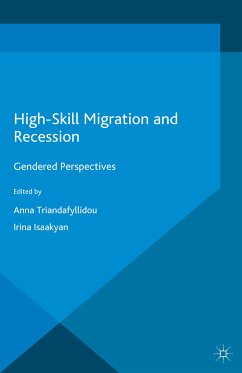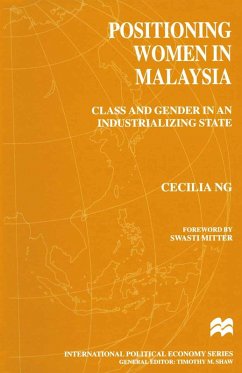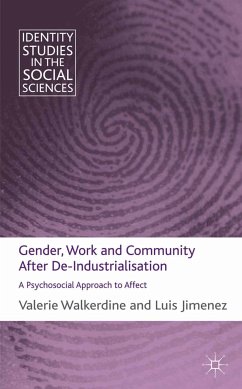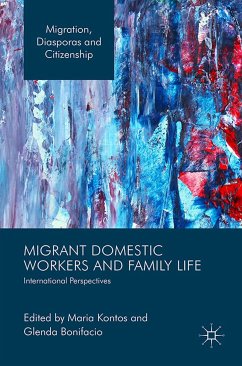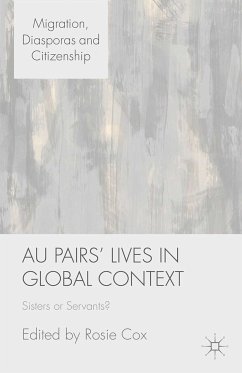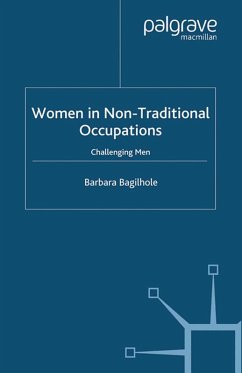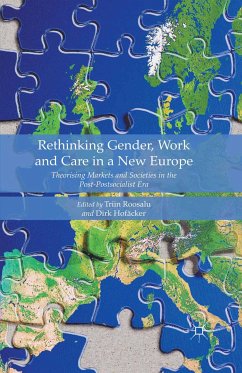
Rethinking Gender, Work and Care in a New Europe (eBook, PDF)
Theorising Markets and Societies in the Post-Postsocialist Era
Redaktion: Hofäcker, Dirk
Versandkostenfrei!
Sofort per Download lieferbar
40,95 €
inkl. MwSt.
Weitere Ausgaben:

PAYBACK Punkte
20 °P sammeln!
Given the growing importance of Eastern European countries in the development of the EU, there is an urgent need to reconstruct the recent dynamic developments in women's work and care in these societies, and the socio-political determinants thereof. Considering their specific cultural, economic and historical development, it can be assumed that the trends and determinants of women's labour market trajectories in CEE countries differ significantly from those in the other European countries that have frequently made up the basis for established theories in social and labour market research. Thi...
Given the growing importance of Eastern European countries in the development of the EU, there is an urgent need to reconstruct the recent dynamic developments in women's work and care in these societies, and the socio-political determinants thereof. Considering their specific cultural, economic and historical development, it can be assumed that the trends and determinants of women's labour market trajectories in CEE countries differ significantly from those in the other European countries that have frequently made up the basis for established theories in social and labour market research. This being the case, can 'standard' theoretical approaches, mostly modelled on evidence from Western Europe, be transferred to the analysis of Eastern European countries? This edited collection scrutinises pivotal aspects of women's careers in Eastern Europe, providing a detailed overview of trends and determinants of women's employment in Eastern Europe, and reflecting critically on theoretical approaches in social and labour market research.
Dieser Download kann aus rechtlichen Gründen nur mit Rechnungsadresse in A, B, BG, CY, CZ, D, DK, EW, E, FIN, F, GR, HR, H, IRL, I, LT, L, LR, M, NL, PL, P, R, S, SLO, SK ausgeliefert werden.




